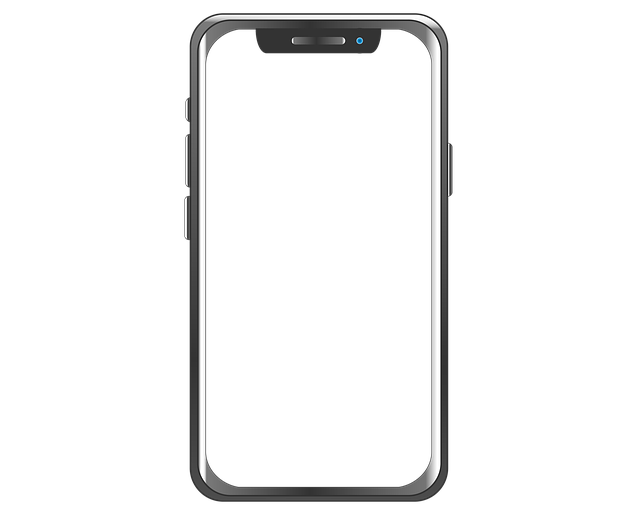New York City's strict licensing requirements and the "Do Not Call" law have transformed debt collection practices, prioritizing ethical and transparent operations. Entities must obtain a license from the DCA, adhere to communication rules, and provide written notice with details about the debt and consumer rights. This regulation restricts direct calls to law firms, encouraging more compliant strategies like personalized digital communication and direct mail. The result benefits both consumers and the industry by fostering fairer debt collection practices within NYC's legal landscape, while protecting residents from aggressive practices.
“In the bustling landscape of New York City, understanding licensing laws is crucial for both debt collectors and consumers alike. This article navigates the intricate web of regulations, focusing on the city’s unique requirements for debt collection agencies. We explore the impact of the stringent Do Not Call Law on legal collections, highlighting its effects on firm operations. Additionally, we delve into the rights and protections afforded to NYC residents under these regulations, ensuring a fair and transparent debt collection process.”
Understanding New York City's Licensing Requirements for Debt Collectors
In New York City, debt collectors must adhere to strict licensing requirements set forth by local laws and regulations. Before engaging in debt collection activities within the city, entities and individuals must obtain a license from the New York City Department of Consumer Affairs (DCA). This ensures that debt collectors operate ethically and transparently, protecting consumers from abusive or unfair practices.
The DCA’s licensing process involves background checks, training requirements, and compliance with specific rules regarding communication methods, fees, and dispute resolution. One crucial aspect is the prohibition on calling law firms directly to collect debts, emphasizing the need for direct communication with debtors. Understanding and complying with these regulations is essential for any debt collection agency or individual seeking to operate within the New York City market.
The Impact of the Do Not Call Law on Legal Collections in NYC
In New York City, the Do Not Call Law has significantly altered the landscape of legal collections. This legislation, aimed at protecting residents from unwanted phone calls, has forced debt collector law firms to adapt their strategies. Many traditional collection practices have become less effective due to the strict regulations, prompting a shift towards more nuanced and compliant approaches.
Debt collector law firms in NYC must now navigate a complex web of rules, ensuring they respect individual consumer preferences while still effectively recovering debts. The Do Not Call Law has encouraged a move towards personalized communication, digital messaging, and direct mail as primary methods of contact, allowing collectors to maintain efficiency without infringing on privacy rights. This shift not only benefits consumers but also promotes fairer and more transparent debt collection practices within the city.
Rights and Protections for Consumers Under NYC Debt Collection Regulations
Under the strict NYC debt collection regulations, consumers have several rights and protections to safeguard them from aggressive or unfair practices. One significant rule is the “Do Not Call” law, which restricts debt collectors from making phone calls to law firms or attorneys unless specifically authorized. This measure aims to prevent harassment and give individuals a respite from incessant calls.
Additionally, debt collectors must provide written notice to consumers within five days of their first contact, detailing the amount owed and the consequences of failing to pay. They are also required to inform consumers about their rights, including the right to dispute the debt and request validation of the claim. These regulations empower New York City residents by ensuring transparent and fair debt collection procedures.





